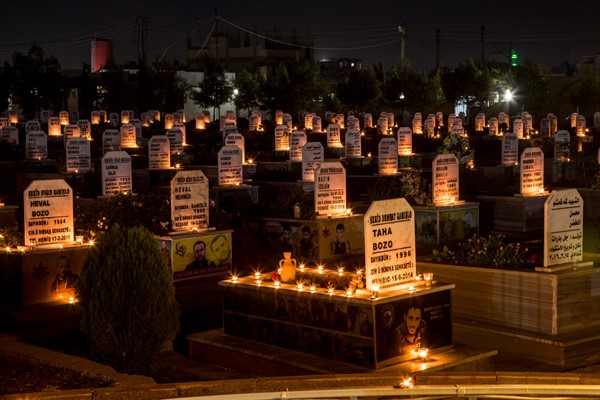Since 2011, Syria has been ravaged by a civil war that has seen numerous atrocities committed against its civilian population, including torture and war crimes. In the face of such abuses, there have repeatedly been calls for accountability. But how can perpetrators be held accountable, and by whom?
In criminal law, including international criminal law, the state is primarily responsible for seeking and carrying out justice. But the idea that the authoritarian regime of Bashar al-Assad would hold credible trials—especially into his regime’s own conduct—is fantastical at best.
Another option, then, might be to seek accountability through the International Criminal Court, but Syria is not a party to the Rome Statute, the treaty that established the ICC. In order to bring a case there, the United Nations Security Council would need to make a referral—and that’s an unlikely prospect, given that Russia, which backs Assad's government, is a permanent member with veto power. A similar challenge faces another method for dealing with mass atrocities, which is to create an ad hoc court like the international criminal tribunals set up to pursue justice for victims of the Yugoslav Wars and the genocide in Rwanda; those were established by the Security Council, and creating one for Syria would also require Russian approval.

